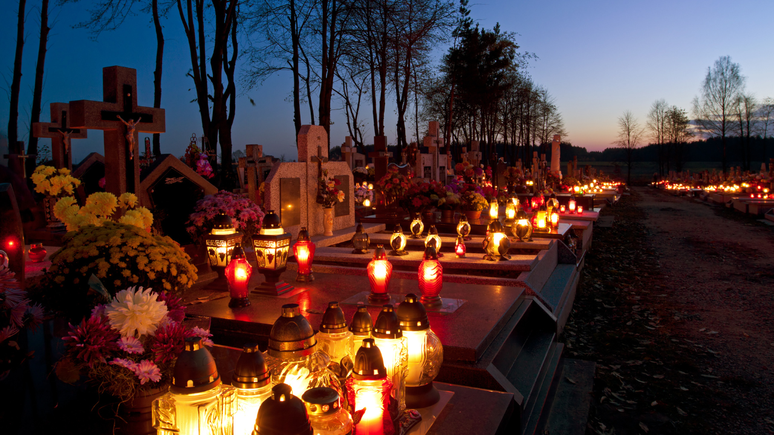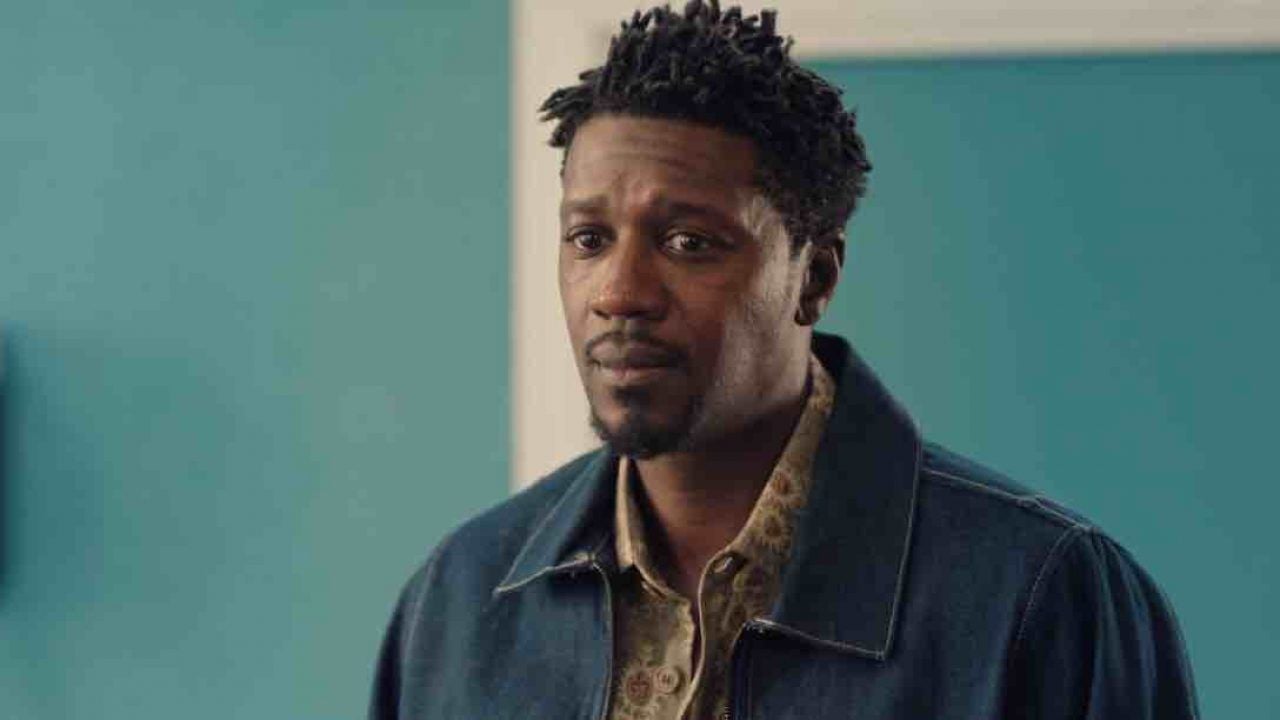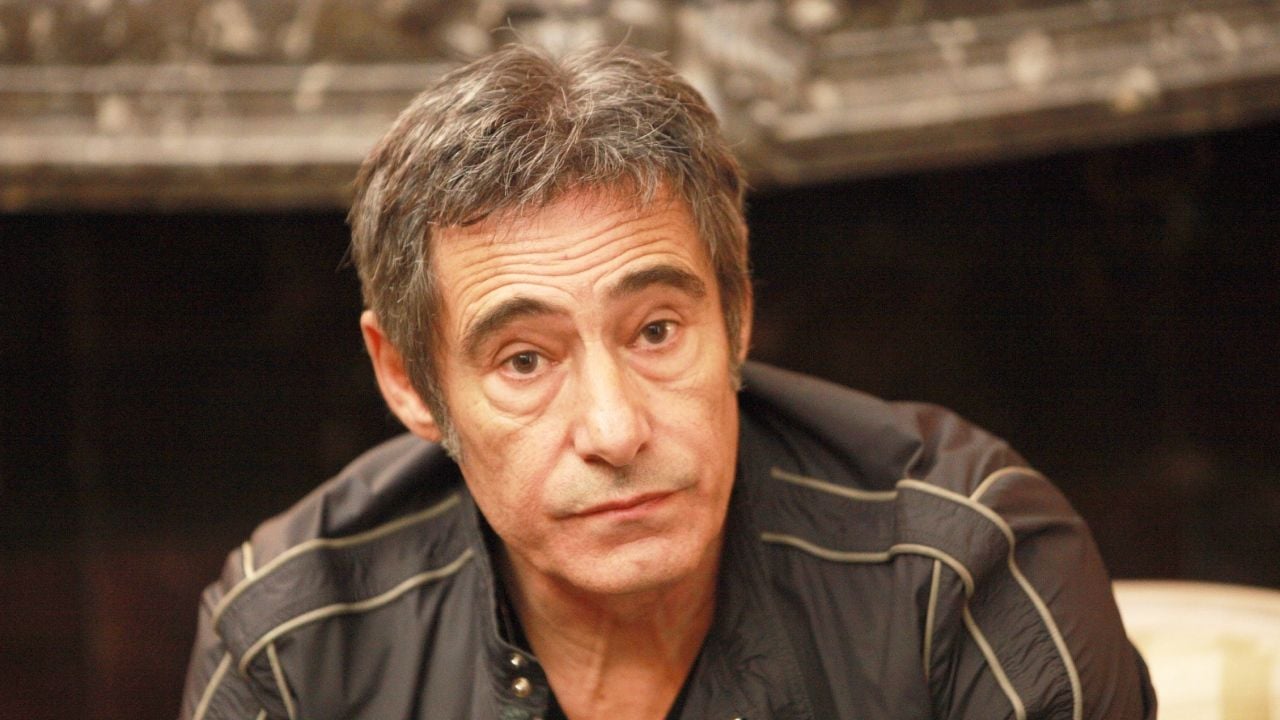The capital of São Paulo has started vaccinating 9 and 10-year-olds; the vaccine can prevent several types of cancer
Incorporated in a staggered manner to the Unified Health System (SUS) As of 2014, the vaccine that protects against Human papillomavirus (HPV) it also applies before adolescence because it is more favorable for immunization to be carried out before the onset of sexual life. It is used in more than one hundred countries, including Brazil, as a strategy to prevent and reduce diseases caused by the virus, such as cancers of the cervix, vulva, vagina, anal region, penis, mouth and throat. Another benefit is the reduction in the incidence of genital warts, known as warts.
On 13 September the the federal government has expanded the group that can hire the immunizing agent. Until then, the vaccine was only available for girls between the ages of 9 and 14 and for boys between the ages of 11 and 14. With the change, vaccination is now permanently applied to the target audience 9 and 14 yearsregardless of gender.
In São Paulo, vaccination began on Monday 19. According to the São Paulo Department of Health, the widening of the age group aims to increase vaccination coverage for extremely important immunizers.
In the municipality, for example, last year the vaccination coverage for the male population, between 11 and 14 years, was 57.67%and the female, between the ages of 9 and 14, was 68.41%. Both rates are below what is recommended by the National Immunization Program (PNI), which is targeting 80% vaccination coverage.
More information about the virus:
What is HPV?
Virus transmitted through sexual intercourse or direct contact with infected skin or mucous membranes, the HPV it is responsible for nearly all cases of cervical cancer, over 90% of anal cancers and 63% of penile cancers, as well as some other types of cancers, such as those of the throat, vulva and vagina. .
What is now included in the National Immunization Program (PNI)?
Through the Unified Health System (SUS), immunization against HPV it was only intended for girls between the ages of 9 and 14 and boys between the ages of 11 and 14. With the change, vaccination began to apply to everyone in the 9-14 age group, regardless of gender. THE the expansion was announced by the federal government on September 13 this year, later adopted by Brazilian states and municipalities. It is available in two doses, with an interval of six months between the first and second application.
However, the Brazilian Immunization Society (SBIm) continues to recommend the application of three doses. “The first dose at age 9, the second dose after two months, and the third dose should be given six months after the first dose. The National Immunization Program only recommends two doses in the public network, with the initial dose and the second dose after six months, based on efficacy and efficacy studies with a reduced dosage schedule “, explains Lorena de Castro Diniz, coordinator of the Scientific Department of Immunization of the Brazilian Allergy Association and Immunology (Asbai).
The HPV vaccine began to be applied permanently to the target audience between the ages of 9 and 14, regardless of gender. Photo: JF Diorio / Estadão
When did the vaccination start in Sao Paulo?
SMS informs that, from Monday, children of 9 and 10 years can receive the vaccine against HPV permanently. Until then, immunization was reserved for boys aged 11 to 14 and girls aged 9 to 14.
“The HPV vaccine should ideally be applied as soon as possible for increased production of antibodies that protect those who take it from cancers that may occur in the future,” says Melissa Palmieri, a doctor in the Department of Epidemiological Surveillance.
Who else can get the vaccine?
People with HIV / AIDS, solid organ transplants, bone marrow and cancer patients, all between 9 and 26 years of age, can also receive the immunizer free of charge. For these patients, three doses are given, with intervals of two and six months after the first.
How important is it for boys and girls to be vaccinated against HPV between the ages of 9 and 14?
According to the coordinator of the Scientific Department of Immunization of Asbai, the vaccine is recommended for children and adolescents between 9 and 14 years of age because it is shown that in this age group there is greater immunogenicity, i.e. an increase in the formation of neutralizing antibodies against this virus. “Furthermore, the possibility exists that these children have not yet had contact with the virus, providing preventive prevention against it,” he adds.
Gustavo Adolpho de Oliveira, specialist in gynecological endoscopy and gynecological oncology at the Leforte Unidade Liberdade Hospital, reiterates that vaccination is essential. “How to prevent transmission of the virus in girls and boys. In this way we can increase the range of vaccinated patients and, consequently, the injuries caused by HPV will have less impact on the incidence. The greater the amount of vaccination, the fewer cases of cervical cancer, for example, we will see in the future, which is the most important. In Brazil it is the second type of gynecological cancer, second only to breast cancer, “he said.
Is it important to widen the age range?
“This expansion of HPV immunization in boys 9 years of age and older is very important. Contrary to what many think, the virus is not only associated with cervical cancer, but for boys the risk is imminent. due to the incidence of cancer of the penis, anus, pharynx, throat and warts, diseases caused by HPV“explains Lorena.
Is the vaccine safe?
Yes. There are few side effects. It may give you some fever and pain at the application site. Effectiveness achieves 98% protection for children who have received the full vaccination schedule based on age group.
Quadrivalent vaccination offers protection against four subtypes of HPV viruses, which are primarily responsible for the formation of warts and cancers of the penis, anus, pharynx and throat.
What is the number of people infected with HPV in Brazil and in the world?
Also according to the Ministry of Health, it is estimated that Brazil has at least 10 million people infected with the Human Papillomavirus and that, every year, 700,000 new cases of infection appear. Worldwide, approximately 105 million people are positive for HPV 16 or 18.
Can anyone who did not take it in childhood be immunized later?
Oliveira adds that patients who have already had contact with HPV have required the use of the vaccine. “We have prescribed in the past year to older patients who are already sexually active and who have positive HPV or even HPV lesions. What we have observed is that these patients – between 25 and 35 years old – who take the vaccine have the levels of HPV decreased. I prescribe and take on a private network “, she reiterated.
+The best content in your email for free. Choose your favorite Earth Newsletter. Click here!
Source: Terra
Benjamin Smith is a fashion journalist and author at Gossipify, known for his coverage of the latest fashion trends and industry insights. He writes about clothing, shoes, accessories, and runway shows, providing in-depth analysis and unique perspectives. He’s respected for his ability to spot emerging designers and trends, and for providing practical fashion advice to readers.








